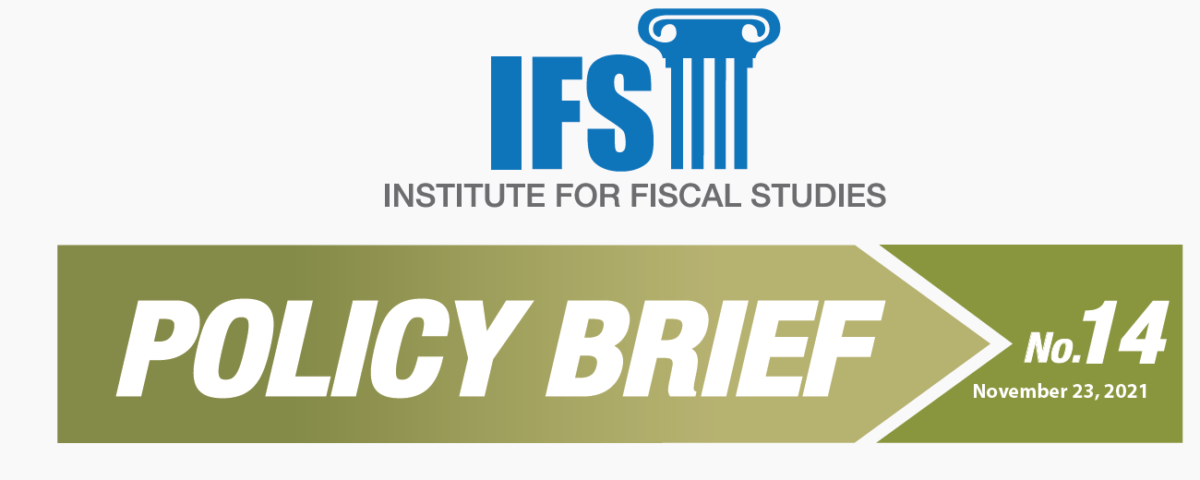The 2023 Budget Statement And Ghana’s Current Debt Restructuring Program: Ifs’ AssessmentAnd Recommendations
March 3, 2023REVIEW OF THE GOVERNMENT OF GHANA’S 2023 MID-YEAR BUDGET AND FISCAL POLICY DIRECTION IN THE FACE OF THE CURRENT FISCAL AND MACROECONOMIC CRISES
October 27, 2023The Ghanaian economy has been in crisis since 2022. In addition to the government struggling to pay its bills and service its debts, the macroeconomy has been volatile, with extremely high inflation and exchange rate depreciation rates, while business confidence has been weakening and economic growth has been falling. For example, year-on-year consumer price inflation rate, which respectively averaged 9.9% and 10.0% in 2020 and 2021, and which stood at 12.6% at the end of 2021, jumped to as high as 29.8% in June 2022. By the end of December 2022, the year-on-year consumer price inflation rate had skyrocketed to a whopping 54.1%. Also, annual depreciation rate of the cedi against the US dollar, which respectively stood at only 3.9% and 4.1% in 2020 and 2021, sharply increased to as high as 30.0% in 2022. Therefore, in July 2022, as the government labored to no avail to bring the situation under control, it decided to initiate discussions with the International Monetary Fund (IMF) for a financially supported economic program to address the crisis.
See the full review document below

